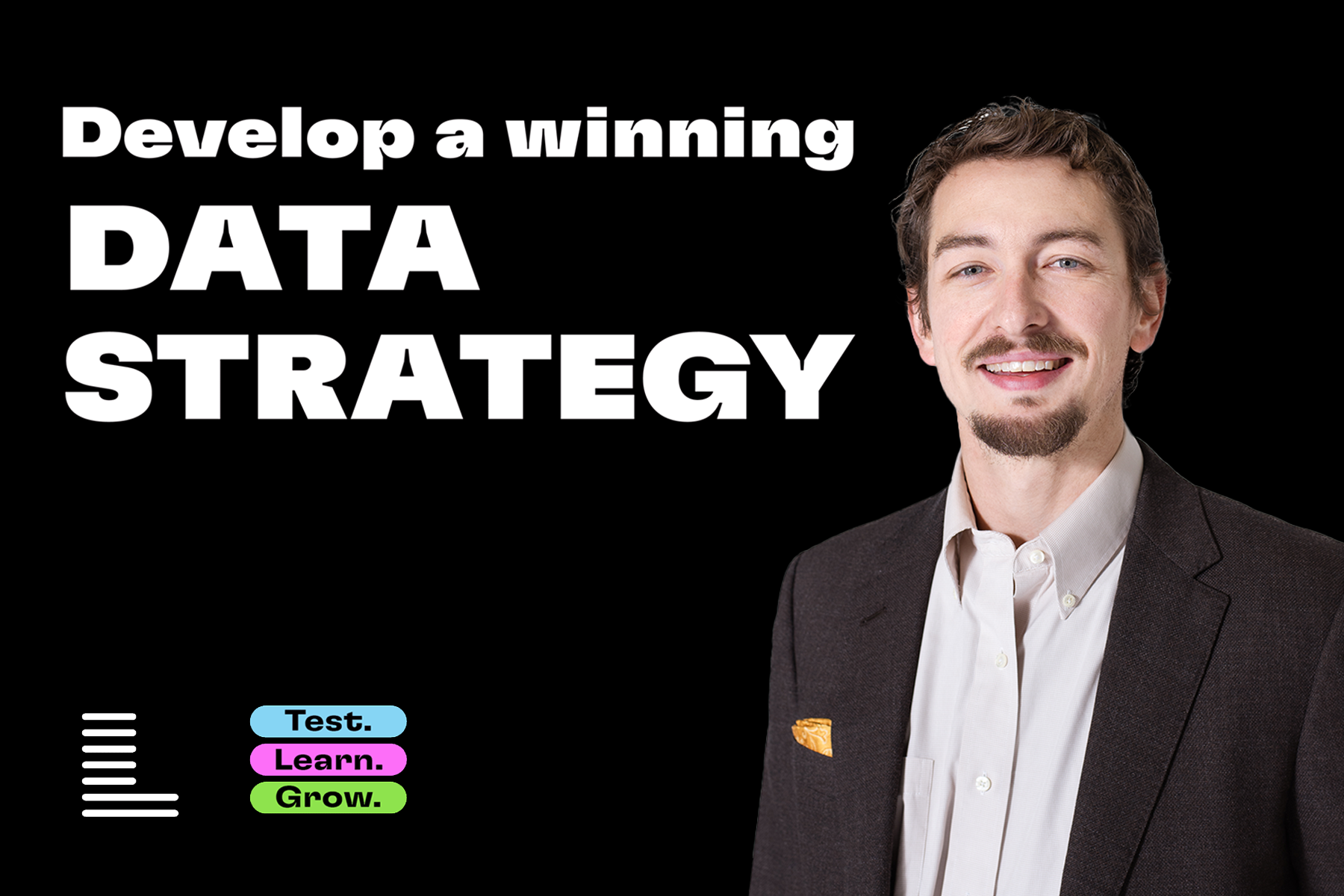Data is the lifeblood of digital marketing, driving strategies, shaping campaigns, and elevating business success. But to truly harness its power, you need a game plan—a robust marketing data strategy. Let’s dive into this journey, connecting the dots and providing practical examples along the way.
At its core, a marketing data strategy is your playbook, defining how you collect, manage, and use data. Picture a retailer meticulously tracking customer behavior—what they click on, how long they browse, what they purchase—to tailor personalized marketing campaigns. That’s the essence of a data strategy, driven by a deep understanding of your business and its unique needs.
Offense vs. Defense: Striking Balance
Your strategy can take an offensive or defensive stance. An offensive strategy focuses on leveraging data to fuel growth and innovation, much like a startup using customer data to identify untapped market segments. A defensive strategy, on the other hand, emphasizes data governance and risk management, akin to a healthcare company protecting patient data. The most effective strategies seamlessly blend these approaches to balance growth with security.
Proof of Concept Approach: The Trial Run
In building your strategy, adopting a ‘Proof of Concept’ (PoC) Approach can be a game-changer. It’s like a dress rehearsal before the main show, allowing you to test your strategy on a small scale and refine it. For instance, a company might test a new data analytics tool on a single marketing campaign before rolling it out company-wide.
Data Modeling, Science, and Engineering
Data modeling is the architectural blueprint of your strategy. It structures and organizes your data, ensuring it’s primed for analysis. Imagine a library with well-categorized books—it’s easier to find what you need, right? That’s the power of data modeling.
Your strategy’s success also hinges on the interplay between data science and data engineering. Data science extracts meaningful insights from data. Think of a skilled data analyst spotting trends in social media engagement. This would be analysis. The work becomes data science when that same analyst starts using mathematical models and algorithms to detect patterns and make projections in ways a person couldn’t do solo. Data engineering ensures the seamless collection, storage, and retrieval of data. Think of an IT team maintaining a robust database system that supplies data scientists (and analysts and other company stakeholders) with the data needed to do their work.
Making a Smart Investment in Your Data
Investing in data science can be a double-edged sword. While it can yield rich rewards—like revealing which marketing channels are most effective—it can also lead to missteps if not aligned with your overall strategy. Companies who get caught up in data science hype can end up wasting time and money that would have been better spent carefully thinking about what questions they need insight into in the first place. Data science is not a silver bullet – it can take time and patience (and sometimes changes in deeply rooted bad behavior) to yield fruit. But in the right circumstances it can be transformational. As you invest, ensure you have a clear plan and the right resources to extract value from your investment.
In essence, a winning marketing data strategy is an interconnected journey of understanding, strategizing, testing, modeling, and wise investing. This comprehensive approach empowers data-driven decisions, propelling your digital marketing to new heights.






